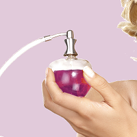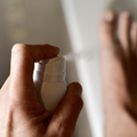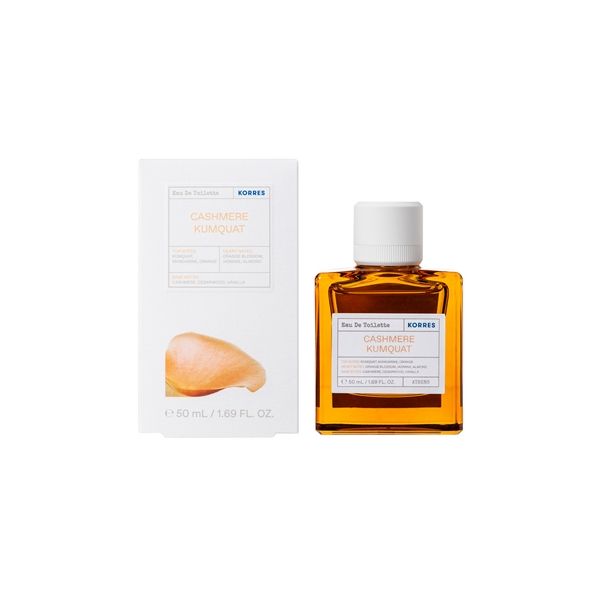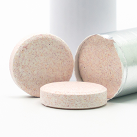Blog
Possible Causes of a Sore Throat
Sore throat is an annoying symptom that doesn’t go away as quickly as we would like. Also, it is not always easy to tell if it is something simple or something more serious, such as streptococcus.
Causes of Sore Throat
Sore throat is the most popular symptom of the common cold and usually subsides quickly with hot beverage consumption. If it is a simple cold or an infection, the sore throat is due to a virus or is caused by a possible infection in the nasal cavity. A sore throat can be due to allergies and can be caused by environmental factors such as high humidity, low temperature, indoor heating, the frequent use of air conditioners and various allergens. If the sore throat is due to a bacterial infection, such as streptococcus, it is caused by a specific bacterium and it is streptococcal pharyngitis. Other symptoms are fever, pus in the throat in the form of white plaques and swollen lymph nodes. To get rid of a simple sore throat, you certainly don’t need to resort to antibiotics, but you should do the following to help your body deal with it.
Use pastilles
Choose throat lozenges without antibiotic ingredients. In fact, some of them have an immediate effect that lasts and protects against sore throat discomfort, softening the sore throat and relieving the oral cavity and pharynx from dryness, irritation and burning.
Take an anti-inflammatory drug
Sore throat can pass quickly with a non-steroidal anti-inflammatory drug that does not require a prescription and can reduce swelling.
Drink plenty of water, drinks and infusions
Fluids help to liquefy and eliminate secretions from the throat, while hydrating the body.
Strengthen your immune system
Consume fresh juices and foods rich in vitamin C to strengthen your defense against viruses. In case of streptococcus and if your doctor suspects that the sore throat is due to it, you should do the special test for streptococcus that will show in a few minutes if you have it, in order to take antibiotics. You should not stop taking the antibiotic even if your symptoms subside and you start to feel better. Stopping it can cause infection with surviving bacteria that no longer respond to it. Along with antibiotics, anti-inflammatory drugs for sore throats can also help. Salt Water Gargles are also a remedy, which will soothe the symptoms and reduce the swelling. Alternatively, you can drink some tea with honey and lemon. Avoid touching your face, nose and mouth. Proper and regular hand washing with soap and warm water is essential, as is regular cleaning of surfaces at home. Bacteria can survive for some time on the surfaces of the house that you touch often. Finally, rest as much as you can to recover quickly and help your body cope with the treatment.
In the case of streptococcus, because it is contagious, you should stay at home for at least one day after starting the antibiotic. If the sore throat doesn’t go away and lasts more than one week or goes away and reappears, if it is painful, you have difficulty swallowing, you sweat at night, you have irritated glands, high fever and hoarseness, you should visit your doctor.

 Ελληνικά
Ελληνικά









































